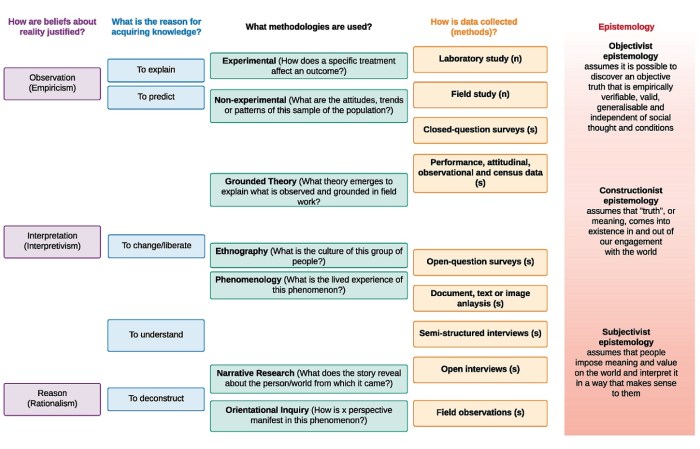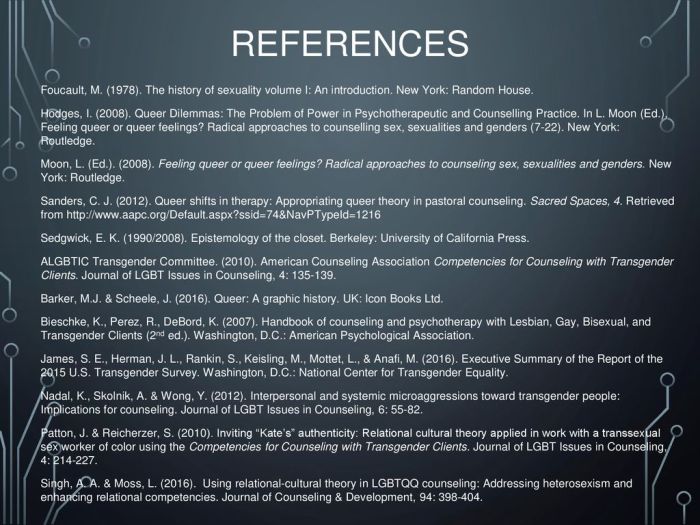The epistemology of the closet summary examines the historical evolution and key concepts of the epistemology of the closet, exploring its implications for knowledge production and the perpetuation of epistemic violence and oppression. This summary delves into the ways in which marginalized communities challenge and subvert the epistemology of the closet, offering strategies for epistemic resistance and liberation.
The epistemology of the closet is a complex and multifaceted concept that has been shaped by a variety of social and cultural factors. It is a system of knowledge that is based on the assumption that certain types of knowledge are inherently more valuable than others.
This assumption has been used to justify the marginalization and silencing of marginalized communities, including LGBTQ+ people, people of color, and women.
Epistemology of the Closet: Historical Context

The epistemology of the closet, which refers to the ways in which knowledge about marginalized communities is produced, has a long and complex history. The emergence of this concept can be traced back to the 19th century, when the concept of homosexuality as a distinct category of identity began to emerge.During
this time, the dominant social and cultural norms dictated that homosexuality was immoral and should be kept hidden. As a result, many LGBTQ+ individuals were forced to live in secrecy, and their experiences and perspectives were marginalized and silenced.
Key Concepts
The epistemology of the closet is based on the idea that knowledge about marginalized communities is often produced from a position of power and privilege. This can lead to the exclusion and silencing of marginalized voices, and the perpetuation of stereotypes and biases.Key
tenets of the epistemology of the closet include:
- The idea that knowledge is produced from a particular social and cultural context, and is therefore not objective or universal.
- The belief that marginalized communities have their own unique ways of knowing and understanding the world, which are often ignored or devalued by dominant society.
- The importance of challenging and subverting the epistemology of the closet in order to create more inclusive and equitable knowledge systems.
Epistemic Violence and Oppression
The epistemology of the closet has been used to justify epistemic violence and oppression against marginalized communities. This violence can take many forms, including:
- The denial of the existence or validity of marginalized experiences and perspectives.
- The silencing of marginalized voices and the exclusion of their knowledge from mainstream discourse.
- The use of stereotypes and biases to justify discrimination and oppression against marginalized communities.
For example, the epistemology of the closet has been used to justify the exclusion of LGBTQ+ individuals from positions of power and influence, and to deny their experiences of discrimination and oppression.
Epistemic Resistance and Liberation, Epistemology of the closet summary
Despite the challenges posed by the epistemology of the closet, marginalized communities have developed strategies for epistemic resistance and liberation. These strategies include:
- Challenging dominant narratives and creating new ways of understanding the world.
- Amplifying marginalized voices and experiences, and making them visible in mainstream discourse.
- Building solidarity and coalitions across marginalized communities, and working together to create more inclusive and equitable knowledge systems.
For example, LGBTQ+ activists have used storytelling, art, and activism to challenge the dominant narratives about homosexuality and to create a more inclusive and affirming society.
Implications for Knowledge Production
The epistemology of the closet has significant implications for knowledge production. It challenges the idea that knowledge is objective and universal, and it calls for the inclusion of marginalized voices and perspectives in all areas of knowledge production.This has led to the development of new approaches to knowledge production, such as participatory research and community-based research, which aim to give marginalized communities a greater voice in the research process and to ensure that their experiences and perspectives are taken into account.
User Queries: Epistemology Of The Closet Summary
What is the epistemology of the closet?
The epistemology of the closet is a system of knowledge that is based on the assumption that certain types of knowledge are inherently more valuable than others. This assumption has been used to justify the marginalization and silencing of marginalized communities.
How does the epistemology of the closet perpetuate epistemic violence and oppression?
The epistemology of the closet perpetuates epistemic violence and oppression by privileging certain types of knowledge over others. This privileging can lead to the marginalization and silencing of marginalized communities, whose knowledge is often devalued or ignored.
How can the epistemology of the closet be challenged and subverted?
The epistemology of the closet can be challenged and subverted by recognizing the situatedness of all knowledge and by valuing the knowledge of marginalized communities. This can be done through education, activism, and research.

